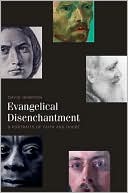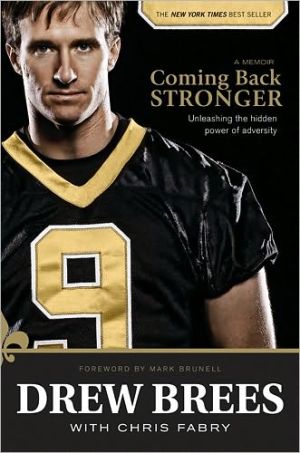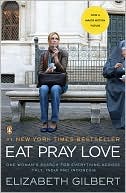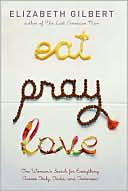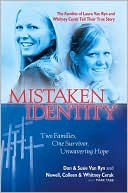Evangelical Disenchantment: Nine Portraits of Faith and Doubt
Search in google:
In this engaging and at times heartbreaking book, David Hempton looks at evangelicalism through the lens of well-known individuals who once embraced the evangelical tradition, but later repudiated it. The author recounts the faith journeys of nine creative artists, social reformers, and public intellectuals of the nineteenth and twentieth centuries, including such diverse figures as George Eliot, Elizabeth Cady Stanton, Vincent van Gogh, and James Baldwin. Within their highly individual stories, Hempton finds not only clues to the development of these particular creative men and women but also myriad insights into the strengths and weaknesses of one of the fastest growing religious traditions in the modern world. Allowing his subjects to express themselves in their own voices—through letters, essays, speeches, novels, apologias, paintings—Hempton seeks to understand the factors at work in the shaping of their religious beliefs, and how their negotiations of faith informed their public and private lives. The nine were great public communicators, but in private often felt deep uncertainties. Hempton’s moving portraits highlight common themes among the experiences of these disillusioned evangelicals while also revealing fresh insights into the evangelical movement and its relations to the wider culture. Featuring portraits of:· George Eliot· Frances W. Newman· Theodore Dwight Weld· Sarah Grimké· Elizabeth Cady Stanton· Frances Willard· Vincent van Gogh· Edmund Gosse· James Baldwin Publishers Weekly Nine erstwhile evangelicals who recanted their beliefs-historical figuresA including George Eliot, Vincent van Gogh and James Baldwin-stand at the center of this new volume by Hempton (Methodism: Empire of the Spirit), a social historian at Harvard. Relying on letters, speeches, novels and other writings, Hempton creates minibiographies tracing the faith journeys of these disenchanted evangelicals and what such journeys reveal about the movement itself. Hempton is careful not to paint his subjects' movement away from evangelicalism as the inevitable secularization of thoughtful people; he does, however, examine his subjects' common reasons for leave-taking, including frustration with rigid doctrine and disillusionment with the church's reluctance to speak out on such issues as racism and gender inequality. Hempton also points to the vestiges of evangelicalism that oftenA remained even after his subjects had formally quit the movement,A characteristics such as "moral earnestness, a desire to witness and preach, a commitment to social activism on behalf of disadvantaged people, and a concern for the truth." ReadersA along the entire spectrumA of religious faith and disenchantmentA will find this book a worthwhile read. (Dec.)Copyright © Reed Business Information, a division of Reed Elsevier Inc. All rights reserved.
1 Introduction: Evangelicalism and Disenchantment 12 George Eliot - Dr. Cumming's Fundamentalism: Evangelicalism and Morality 193 Francis W. Newman - The Road to Baghdad: Evangelicalism and Mission 414 Theodore Dwight Weld - The American Century: Evangelicalism and Reform 705 Sarah Grimke, Elizabeth Cady Stanton, and Frances Willard - Bible Stories: Evangelicalism and Feminism 926 Vincent van Gogh - A Hard Pilgrimage: Evangelicalism and Secularization 1147 Edmund Gosse - Father and Son: Evangelicalism and Childhood 1398 James Baldwin - Preacher and Prophet: Evangelicalism and Race 1639 Conclusion: Enchantment and Disenchantment 187Notes 199Index 225
